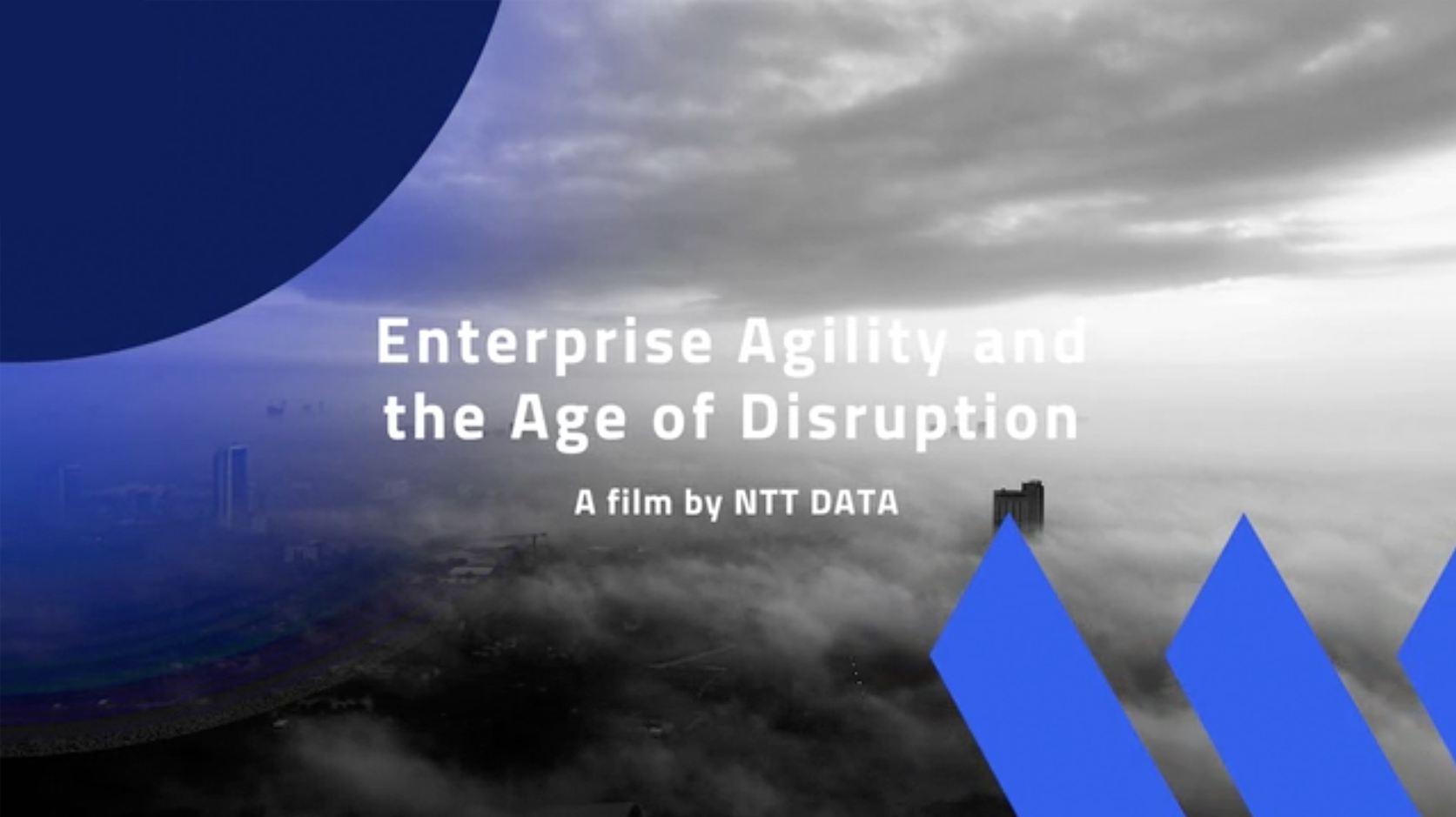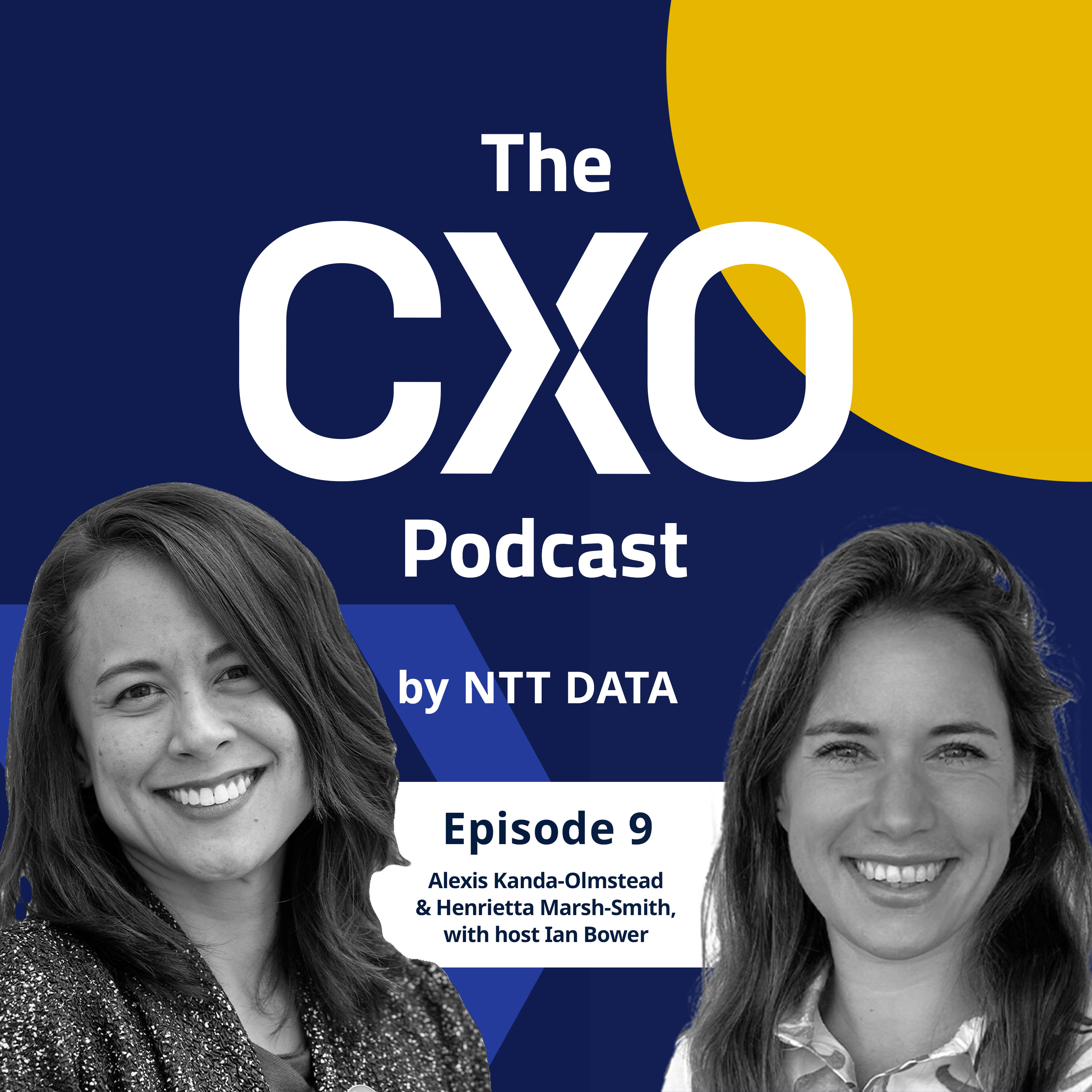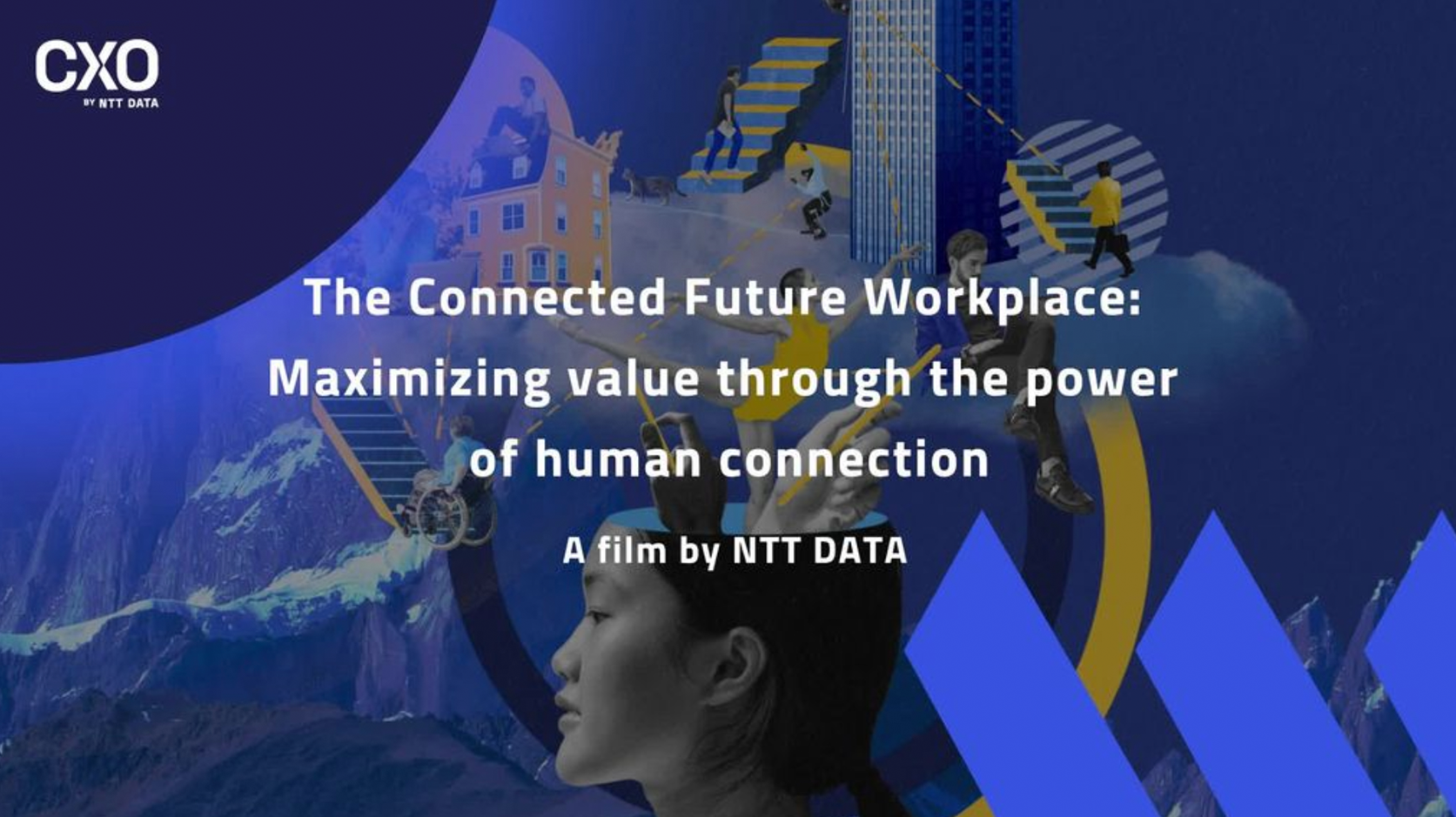
The new digitally enabled world of work has presented us all with a range of challenges. The most obvious ones relate to technology. Such has been the pace of change, it is easy to forget there was a time when hosting a video conference, for example, was considered a rare and specialist skill. Thinking back to 2020’s growth in Microsoft Teams users from 20 million to 75 million perhaps best illustrates how quickly things can change.
Access to new technology is, of course, only the start. Remote and hybrid work require a suite of new, softer, more personal and harder-to-define skills.
Giving people access to new technology is, of course, only the start. It is relatively straightforward too. Remote and hybrid work require a suite of new, softer, more personal and harder-to-define skills. Organizing work, collaborating, managing and communicating all feel different when you’re working apart from your colleagues. Remote staff can often struggle to manage their agendas and workloads, for example, with no colleagues nearby to check in with or bounce ideas off.
What new skills does a digital future need?
Remote screen, email and chat-based communication need a different skill set than face-to-face engagement. In EMEA, 74% of workers, according to a recent survey, found it difficult to be part of, or contribute to, online conversations compared to ‘real life’, and 76% complained of feeling disengaged by the process. Supervision can also be challenging when you’re not regularly close to your reports. Another recent remote working report suggested that 80% of leaders found hybrid setups emotionally exhausting.
Once you start talking about these challenges, it is clear digital transformations raise varied and complex soft skills and people issues. With more than 9 out of 10 organizations claiming to be involved in some kind of digital initiative, these are prevalent problems.
Thanks to lockdown, we can all relate to being forced to change our behaviors and mindset too. We ought to, therefore, recognize there is more to get our heads around than new software, tools or devices as a result of advances in communication technology. If you’re a leader, it is important to stay close to your teams and make the effort to understand any issues that concern them.
Differentiating between places of work
In doing so, there is a temptation to divide workers into three categories: those that work from the office, those that work remotely and those that work in a hybrid model. Such differentiation might be less relevant than you think because, however an employee works, the overall trend is toward flexibility.
At NTT DATA, for example, our work is increasingly global. We routinely work across borders, not to mention time zones. Almost all our projects, as a result, include a remote aspect. One or more of the team members on any given task will be dialing in from a different location and, incidentally, may come from a different culture. Meetings with external organizations such as clients and suppliers will often be managed remotely too.
This has been generally proven to be a productive way of working. As a result, it has been adopted by 63% of high-growth companies and feels a permanent fixture in today’s constant search for a competitive edge.
Ignoring the opportunities that digitally enabled collaboration presents for growth means you are likely to be left behind.
So even if, like 34% of knowledge workers, you have fully returned to the office, you can’t turn back the clock. Ignoring the opportunities that digitally enabled collaboration presents for growth means you are likely to be left behind. My tip? Don’t hesitate to help your people team-build and socialize online. The sooner you do, the better.
Reaching digital maturity
It’s one thing to come to this realization, and another to know what to do about it. Like other technology companies, at NTT DATA we talk to our clients about their digital maturity levels. We have a series of diagnostic tools that identify strengths and improvement points, and we then prioritize tasks to help our clients reach higher levels of maturity.
In all, we assess 13 digital competences using a framework across four main areas – Technology Innovation, People Success, Digital Brand and Data Technology – and assess aptitude levels and characterize performance through archetypes (such as ‘Digital Sleeper’ and ‘Innovation Pioneer’).
Our inclusion of competencies relating to people is in recognition of the fact that digital maturity does not just mean having the best technology. Alongside systems, tools, organizational structures and operations, it is vital to understand cultural aspects of change.
The way we approach it is by considering five people-focused steps: information, awareness, training, experimentation and recognition. You should be able to identify where your people lie, at any point, in relation to these five steps.
- Do they know about digital opportunities?
- Are they aware of the benefits?
- Do they have the skills they need?
- Have they tried their new capabilities?
- How are new ways of working rewarded and fostered?
Sharing information and raising awareness are both great ways of starting your transformation process while learning how your people feel. Then, change management processes can be supported by a range of digital assets.
As part of the suite of services and partnerships which make up Liquid Workplace (supporting our clients with hybrid working), NTT DATA has just launched a new digital learning platform, Melt Learning, which we offer to both clients and our employees. With elements of gamification, self-directed learning and community interaction, the platform delivers corporate training, re/upskilling and education on navigating new digital environments.
Recent reports are stark: a 2022 global index showed three in four workers don’t have the digital skills needed by businesses. But with a learning environment that’s actually engaging – and tailored to the individual – that gap will steadily close.
Integrated within Microsoft Teams, Melt is based on personalization, open collaboration and equipping people with the key skills they need for change. Melt’s principles can be applied to any online learning environment to help organizations address the shortage in workplace digital skills:
- Promote the self-knowledge of each professional in the new digital environments;
- Identify the level of digital maturity of the organization, through continuous assessment;
- Align people’s capabilities to the transformational challenges that shape learning for the future;
- Deploy gamification and analytical elements to ensure successful skills development.
The most powerful enablers of change and growth remain the softer skills, those of empathy, communication, adaptability, coaching and trust building.
But however you approach the challenge, the most powerful enablers of change and growth remain the softer skills, those of empathy, communication, adaptability, coaching and trust building. This is because issuing instructions about technology alone won’t necessarily lead to understanding. Colleagues need to recognize new ways of working as improvements, and successes need to be validated for digital transformation to succeed.
It is incredibly hard to predict how tomorrow’s advances in AI, virtual reality or any other technology might change digital skills adoption and training processes. However, the principles I’ve shared above are based on certainties of behavioral science. Derived from the fixed realities of human nature, they mean changes in mindset will always be best supported by human-focused training, skills development and guidance. My prediction is that a people-to-people approach will continue to play a vital role in all our futures.









































